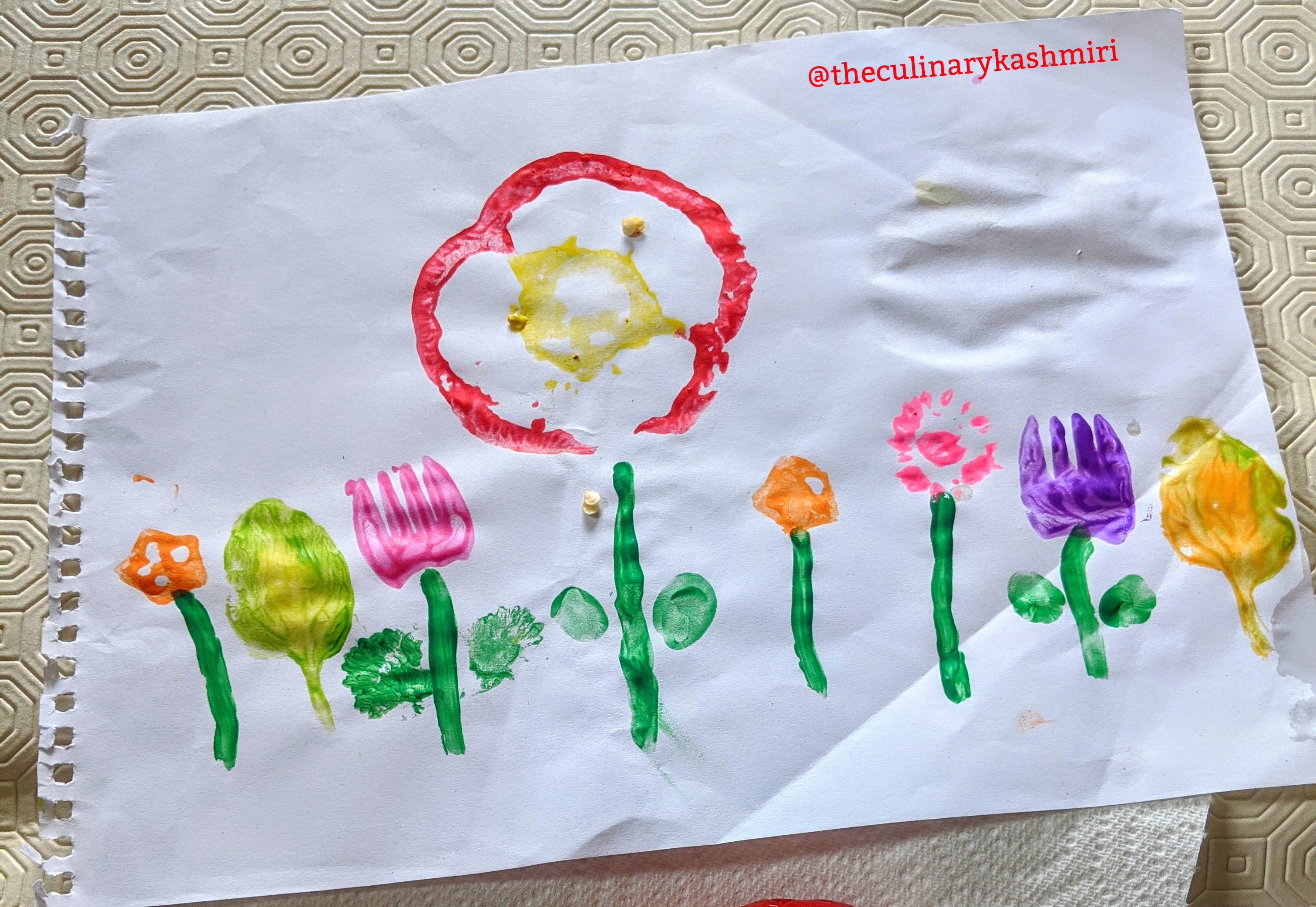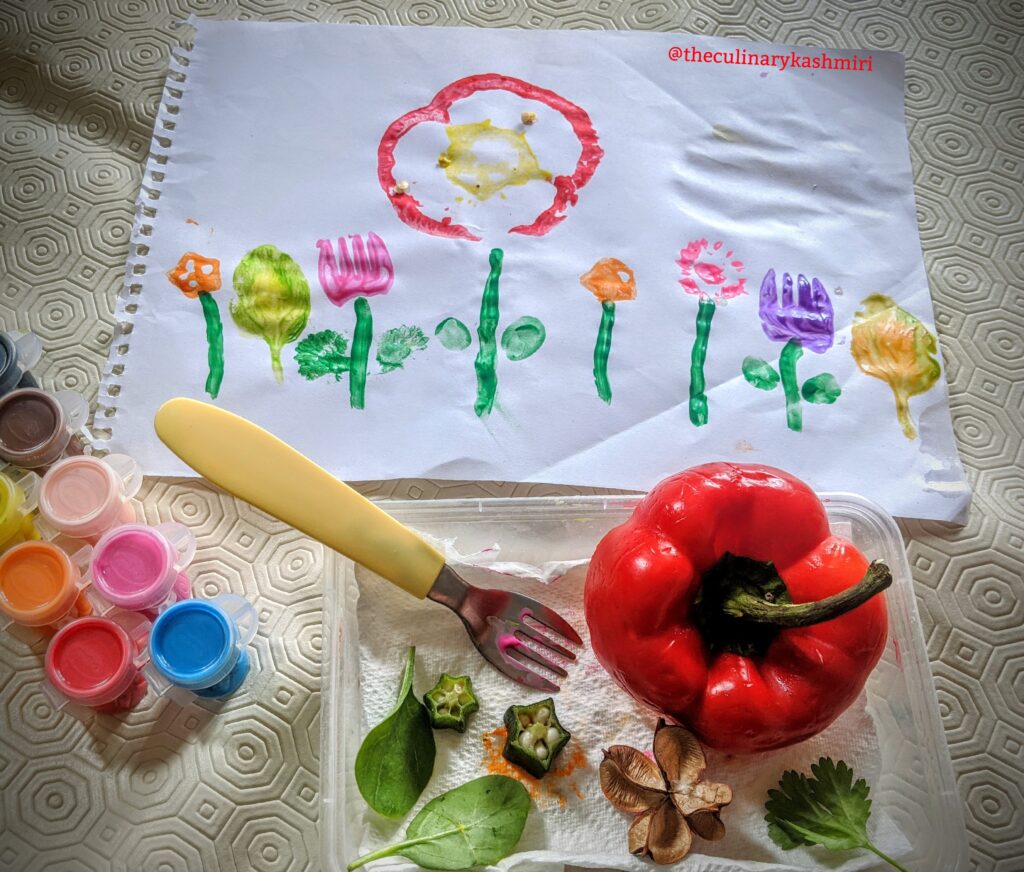Finding contentment: between the blockade and abundance of “content”

If you are on social media, you might be familiar with the buzzword: content. In a world where we start and end our day browsing through content and where we are more dependent on Google than our five senses combined, imagine having to live a day or two without internet. It can be frustrating not being able to get around places without navigation and maps, not being able to check the weather to plan the day ahead and not being able to make transactions without cash. But not to Kashmiris, because we never got a chance to get used to these facilities over the past decade of losing internet off and on, sometimes for months together.
In fact, off late, Kashmiris have entered the world record for surviving the longest ban on high speed mobile internet services as part of a democracy; it has been 16 months and counting since these services were snapped in Kashmir.
Who would deny the fact that internet is a basic necessity in today’s life? Either someone belonging to the prehistoric era or someone functionally illiterate would disagree. I wonder which of the two categories the lawmakers fall into.
Consider the internet analogous to food, another necessity in life. (Pun intended: @theculinarykashmiri can’t think of a better analogy than food.) Just like food must be consumed in moderation to avoid the extreme risks of malnutrition and obesity, there must be moderation in the use of internet too.
I have first hand experience of living through complete internet blockade several times in Kashmir. I have witnessed the grave consequences of an enforced digital “starvation” on the common man, which go far beyond the sufferings on account of losing the luxuries of Google maps and weather.
Hardly anyone would plan a leisure trip to a place without internet. This affects the livelihood of thousands of people at a place where a great portion of the economy depends on tourism.
Like elsewhere in the world, thousands of youth invested in startups and small scale online businesses to create a source of income. With the internet ban, they lose all of that, and are left with just shattered dreams and demotivated spirits.
Patients not being able to find help in case of a medical emergency, elderly not being able to shop online for essentials, students not being able to carry out research or sit for online exams and so on. These are the real, grave problems.
Depriving a nation of internet- a basic necessity of modern day, cannot be justified in any way. But lessons can be learnt in hardship. And these lessons come to me after experiencing a year of lockdowns off and on; only this time, I wasn’t in Kashmir and so I was privileged to have uninterrupted access to internet.
Confinement at home can have a detrimental effect on one’s mental health. Having lived through two kinds of daunting lockdowns now, one with internet and the other without, I may have tried several ways to fend off the boredom and restlessness.
There’s a greater chance of developing a connection by having real face to face conversations in-person rather than being glued to a screen in solitude, commenting on the social media feed of “friends” who are mostly strangers in real life.
It can be more delightful to welcome an impromptu visit by a neighbor than a “friend request” by a person you don’t know and will never know beyond their twitter handle.
It can be more refreshing to spend an afternoon playing badminton than binge watching some addictive-on-purpose series on Netflix.
It can be more enlightening to indulge in a book with an actual story than mindless swiping through fancy, filtered “stories” on Instagram.
There can be more contentment in sitting and enjoying a craft session with your children than handing them over to the fuss-free baby sitter called YouTube.
One can feel a sense of purpose by making an effort to help someone or make a tangible contribution to a real cause as opposed to the fake sense of validation that comes from “likes”, “comments” and “views”.
All this may sound weird and ironic, coming from a wannabe blogger in an attempt to create seemingly impressive “content” with an intention to attract more “likes” and “followers”. But hang on.

Coming back to the food-internet analogy. In depressing situations, just as some people tend to overeat; some people have found themselves overusing the internet, specifically social media.
Fun fact: An average person scrolls 300 feet of content daily. It is sad that with so much power at our fingertips we are just falling prey to the instinctual dependency of going through the social media feed every now and then, without any significant aim or benefit.
Moderation is the key. We have no hold as individuals on the barbaric act of depriving a nation of internet. We can only protest and demand for justice against this “digital apartheid”. However, we have complete hold over controlling our use of internet when available and it’s high time we do. Lest we know, we may soon be heading towards social media de-addiction centers as certified digital zombies.
This blog (www.theculinarykashmiri.com) is my attempt at channelizing the time I used to spend in mindless surfing through the sea of content, towards doing something more productive. I’m hoping that it will be a positive step towards my own mental health and well being. If you managed to actually read this post to this point, then you can save yourself from the captivity of chronic mindless scrolling too.
